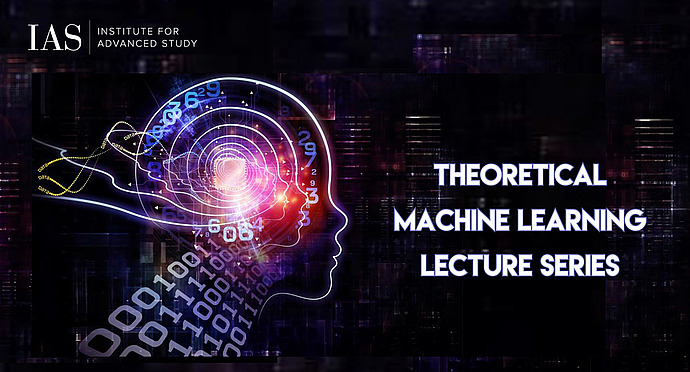
Yann LeCun: How Could Machines Learn as Efficiently as Animals and Humans?
Deep learning has caused revolutions in computer perception and natural language understanding, but almost all of these successes largely rely on supervised learning, where the machine is required to predict human-provided annotations. For game AI, most systems use model-free reinforcement learning, which requires too many trials to be practical in the real world. However, animals and humans seem to learn vast amounts of knowledge about how the world works through mere observation and occasional actions. Good predictive world models are an essential component of intelligent behavior and with them, one can predict outcomes and plan courses of actions. One could argue that prediction is the essence of intelligence in everyday life and science. These models may be the basis of common sense reasoning and intuition, allowing us to fill in missing information such as predicting the future from the past and present or the state of the world from noisy percepts.
In this public lecture, Yann LeCun will discuss the state of deep learning and promising principles and methods for predictive learning.
This lecture is part of the Theoretical Machine Learning Lecture Series, a new series curated by Sanjeev Arora, Visiting Professor in the School of Mathematics, and is made possible by a gift from Eric and Wendy Schmidt.
The talk will also be live streamed on this page.